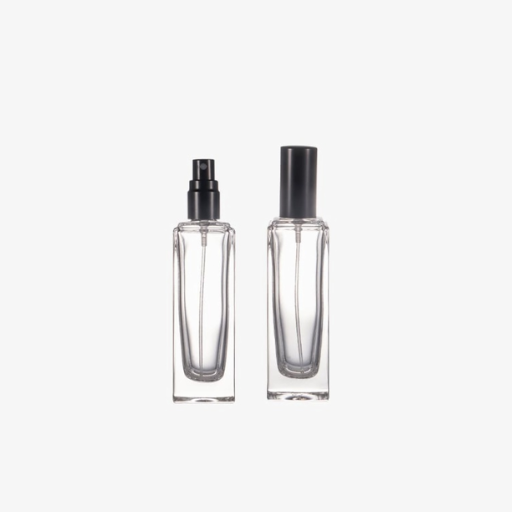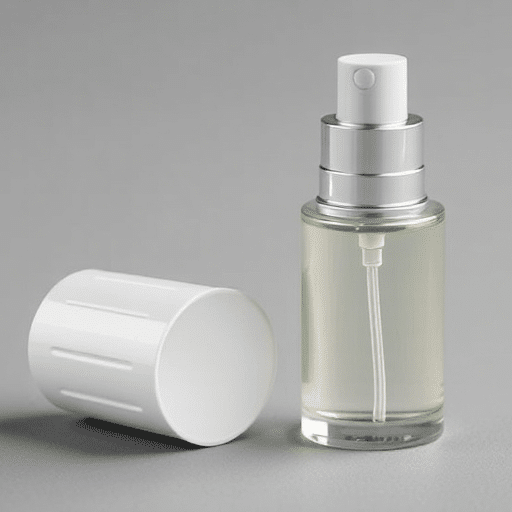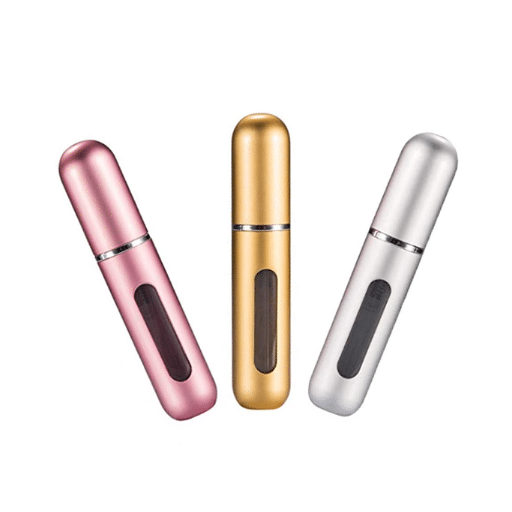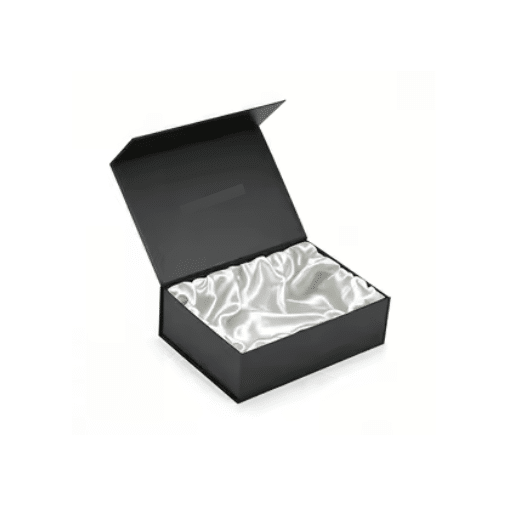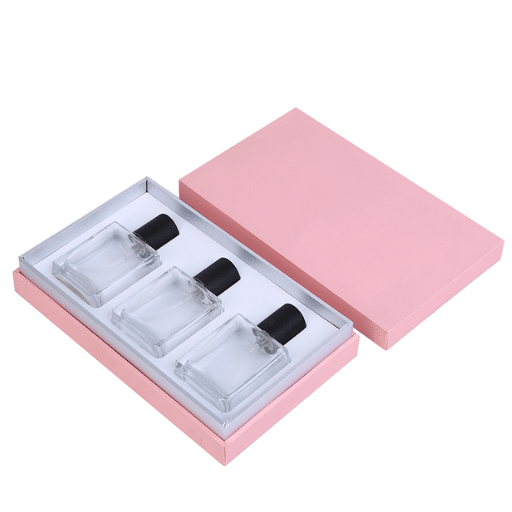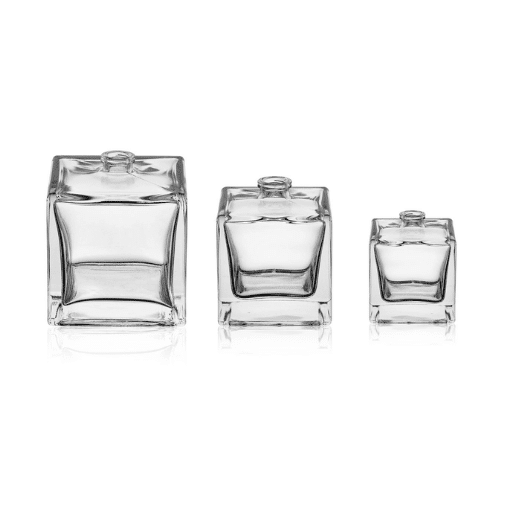Choosing the right fragrance can be overwhelming, especially with so many options. Brands now offer splash and body mist options alongside renowned perfumes, all of which provide unique qualities. This article thoroughly analyzes the differences between body spray, body perfumes, and splashes, breaking them down so that individualized selection becomes seamless. Whether you prefer long-lasting scents or something refreshing, all necessary insights will be readily available.
What’s the Difference Between Body Spray, Perfume, and Splash?
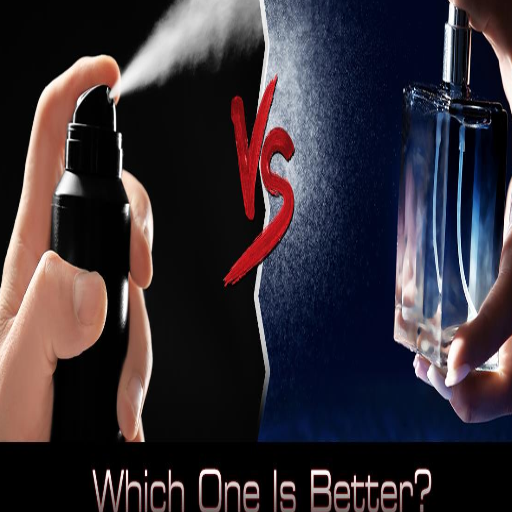
The uses of body spray, perfume, and splash differ from one another based on the concentration of fragrance oils:
- Body Spray: These fall under the lightest scent in this list. As the name suggests, this is primarily used for spraying on the body to freshen up. Body sprays are used on the body to wake up and throughout the day. They have the lowest concentration of fragrance oils.
- Perfume contains the greatest concentration of fragrance oils. As a result, perfumes are longer-lasting than other options and more potent than body sprays and results. A small dab is enough to bring alive a rich and aromatic scent, making them ideal for long events. Typically, perfumes are used on pulse points like the neck and wrists.
- Splash: Splash has a lower fragrance concentration than perfume but is higher than body spray. For this reason, it serves as a middle-ground option with its light and refreshing scent. These are often used for a cooling boost after showering or during warm weather.
The best benefit of all these different options is that they serve multiple purposes. Each fragrance allows you to select your desired choice depending on your needs and occasion.
Understanding Fragrance Concentration of Fragrance Oils
The desired intensity, strength, and longevity of fragrance oils depend on concentration. In general, fragrance concentration is placed under various classifications:
- Perfume (Parfum): This has the highest concentration of fragrance, containing 20-30% perfume oil. It lasts the longest, often outlasting 8 to 12 hours, which is ideal for formal occasions and all-day use.
- Eau de Parfum (EDP): EDP balances strength and duration with a 15-20% perfume oil concentration. Its duration ranges from 4 to 8 hours, and it remains highly popular due to its versatility.
- Eau de Toilette (EDT): Slightly lighter than EDP, EDT has a 5-15% perfume oil concentration. It is widely used in daily routines as its light scent lasts around 2-4 hours, ideal for casual outings.
- Eau de Cologne (EDC): EDC is very light and refreshing with a 2-4% perfume oil concentration. Unlike all other concentrations, its scent lasts 1-2 hours, ideal for warmer climates.
- Body Sprays and Mists: These hold the lowest concentration, less than 2%, making their scent soft and short-lived. They are ideal for layering.
Knowing the different concentrations lets you choose a fragrance product that best suits your needs, personal taste, and situation. In addition, skin type, temperature, and where on the body the fragrance is applied also affect how a fragrance evolves and endures over time.
How Body Spray, Perfume, and Splash Differ in Scent Longevity
According to the comparison between body spray, perfume, and splash, the primary difference in scent durability results from the concentration of fragrance oils and alcohol content. Of all the products, perfumes contain the highest fragrance oil concentration, about 20-30% of the full volume; hence, they are the most durable and last between 6 and 12 hours, depending on environmental factors and application methods. Meanwhile, body sprays are much weaker as they contain lower oil concentrations and higher alcohol content. As such, they last for just 2 to 4 hours, making them more suitable for short-lived freshness. At the lighter end of the spectrum are splashes, which include body mists and colognes. They contain very low amounts of oil, and their fragrances last around 1 to 3 hours.
Research now emphasizes skin type and humidity’s significant effect on fragrance longevity. For example, hydrated or oily skin retains fragrance molecules better, allowing fragrances to last longer. Also, low humidity can amplify longevity, especially with body mist and splash, because moisture carries the scent. Paying attention to these nuances helps select the right product for the situation and one’s way of life.
Water and Alcohol Content Variations
Water and alcohol ratios within a fragrance significantly affect its performance and intended use. A higher alcohol content in eau de toilette or colognes makes the fragrance more volatile, enabling the scent to disperse quickly and make an immediate impression. Body mists and splashes contain higher water content, delivering lighter and more subtle aromas suitable for casual or daytime wear. Research shows that enhanced projection and sillage, the ability for the scent to be odoriferous from afar, are achieved with higher alcohol concentration. Water-dominant formulations are designed for easy, frequent reapplication, while subtle scents are preferred. Understanding these differences allows consumers to select fragrances that match their liking and the occasion.
How Long Does Body Spray Last Compared to Perfume?
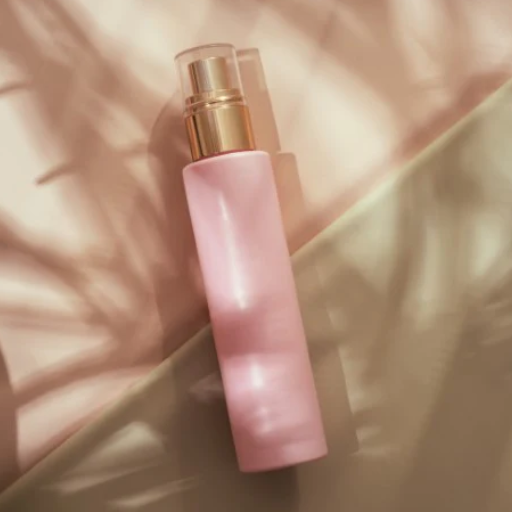
A body spray usually lasts 2 to 4 hours. However, perfumes can last 6 to 12 hours, depending on their concentration and formulation. This spray is generally due to the higher alcohol and oil content in perfume versus body spray. This also gives perfume an excellent “stickiness” to the skin. Body sprays are lighter and more diluted to be used efficiently throughout the day.
Why Perfume Lasts Longer Throughout the Day
Body sprays and colognes have fewer fragrance oils than body sprays, meaning they will not last as long. Most perfumes comprise 15-30% oil, meaning their intensity and longevity have increased. The scent molecules can bind more effectively to the skin with this oil concentration, released slowly. Other molecules, such as some base notes like sandalwood, musk, and patchouli, are slower to evaporate, making the fragrance last longer. Also, some factors, such as applying the perfume on nourished skin, can help enhance the lasting power of the fragrance.
Body Mist vs Eau de Parfum: Longevity Comparison
Body mists and eau de parfum differ most in duration of effectiveness. In Eau de parfum, the fragrance oil concentration is higher than in a body mist. This means a greater concentration of oil will lead to a longer-lasting scent. While euphoric for some, body mists contain a much lower concentration of fragrance oils, making them ideal for light use. However, body sprays only last a couple of hours, while eau de parfum can last over 8 hours.
Based on a lower oil concentration, body mists can be used frequently without worrying about overusing scent and are ideal for short, casual use. A body spray can be applied freely throughout the day. It can be a good option for those seeking longevity without frequent reapplication. However, persistent body mists are best used to layer with other fragrances instead of being relied on for a single stand-alone use.
Tips to Make Body Spray Last Longer
- Apply on Moisturized Skin
Fragrance sticks more effectively to spritzed skin. To retain the aroma, use a body lotion and moisturizer that does not have a scent before applying the body spray.
- Target Pulse Points
Scenting pulse points like wrists, neck, behind the ears, and the inner part of elbows can improve fragrance retention and longevity. These places produce heat, which helps circulate scent.
- Layer Your Fragrances
Products from a similar fragrance line, like body wash, lotion, or body spray, should be used to give a lasting impression. Mixing scents strengthens and prolongs the fragrance.
- Avoid Rubbing After Application
Many people rub their wrists together after applying body spray, a practice that can change the fragrance molecules. The spray should dry on its own to increase the lasting scent.
- Store Properly
Body spray should be stored in a cool, dark place away from direct sunlight and heat. Over time, exposure to extreme temperatures and light can degrade the quality of the fragrance.
- Reapply as Needed
Because they are lighter and less concentrated, body sprays can be used freely and reapplied at any time, always having a scent. A small bottle can be kept to ease the refreshers on the go.
- Spray on Clothes or Hair
Though intended for skin application, body spray can be applied to garments and hair to prolong the scent’s duration. Check fabric or haircare compatibility to avoid unwanted reactions.
- Use a Fragrance Primer
Some primers are specially designed for specific fragrances. Unscented Vaseline can be coated on areas like pulse points, acting as a base and aiding in scent retention.
With these tips, you can guarantee a maximized stay of your favorite body spray, keeping you smelling fresh all day.
When Should You Use Body Spray vs Perfume?
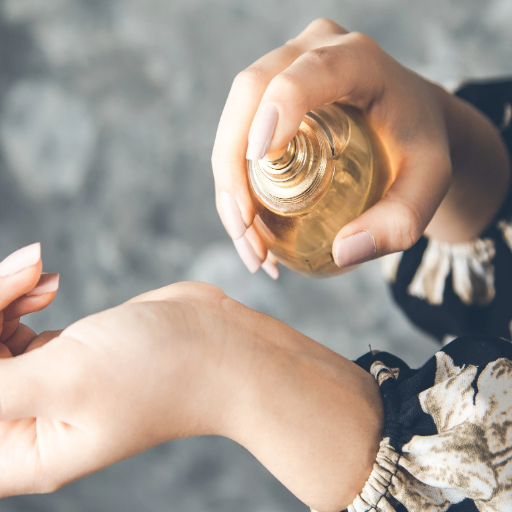
Ideally, body spray is used for everyday, casual purposes, especially after showering or during light exercises when a refreshing scent is desired. It is less concentrated than perfume, making it perfect for frequent application. On the other hand, perfume is better suited for formal gatherings, special occasions, or when a long-lasting, more pungent scent is needed. Since perfumes are highly concentrated, they only need to be applied a few times, making them great for durable, sophisticated scents.
Best Occasions for Body Mist and Splash
- Post-Shower Freshness
Body mists and splashes can be used right after a shower. They provide a boost of fragrance that invigorates and seals in a refreshing feeling.
- Daily Wear
Body mists are subtle and pleasing, not overpoweringly strong, and are suitable for casual settings like school, work, or running errands.
- Workout and Gym Sessions
Body splashes are ideal for use before or after exercise, helping freshen up. Their light concentration means you smell great without being overwhelmed in garages, gyms, and other close spaces.
- Beach or Outdoor Events
Great for outdoor use, body mists allow you to stay lightly scented without feeling overwhelmed by the strength of perfume.
- Travel or On-the-Go
Body splashes are helpful for quick touch-ups and are compact and easy to carry, keeping you fresh during long trips.
- Sleep Time Aromatherapy
Some body mists containing calming ingredients, such as lavender or chamomile, are suitable for use at night and enhance sleep quality and relaxation.
- Teen-Friendly Occasions
For young fragrance lovers, body mists are perfect for school outings or parties since they are playful but not overly strong, making them suitable for all purposes.
These versatile options, body mists, and splashes are great to have alongside one’s fragrance routine because they are adaptable to self-needs and multiple occasions.
Situations Where Perfume or Cologne is More Appropriate
Perfumes and colognes simply shine during formal events due to their lasting sophistication. An example would be weddings and business meetings, which require attending elegant evening events where rich and complex notes leave fragrant perfume impressions that linger. Also, strong sillage and constitution perfumes or colognes perform well on weekends during long days spent in crowded places since their concentrated formulations guarantee their scent is noticeable for hours with no need for reapplication. Research shows the majority associate certain perfumes with confidence, which is why they are preferred for work environments or interviews. Whether high-end dinners or romantic dates, these fragrances provide the rich depth needed for a polished impression.
Layering Fragrance: How to Combine Different Products
Combining different fragrances enables individuals to express their identities and tell personal stories through smells. Note pairing is essential, such as combining a body wash with citrus notes and a floral or woody perfume. These steps must be preceded by applying a scented body lotion or cream, which provides moisture to the skin and increases the duration of the fragrance. Afterward, a body mist or eau de toilette is applied to refine the scent further. Finally, more pungent perfume is sprayed onto the wrists and neck. Research shows that layering techniques can improve scent retention by 30%. This comes in handy, proving useful. Thin fragrances can be used during the day, while heavier ones can be spritzed in the evening.
How to Apply Body Spray vs Perfume Correctly
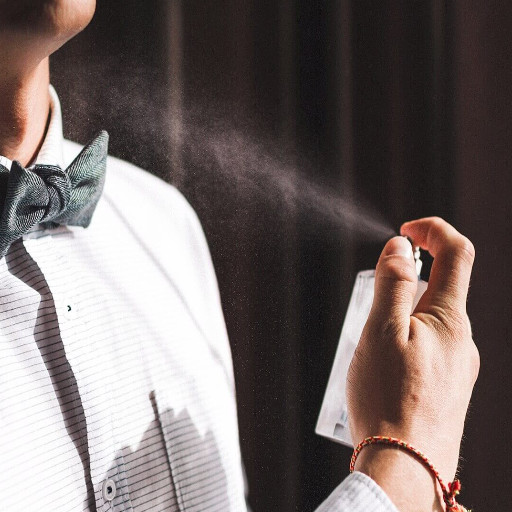
The body spray bottle should be held 6-8 inches from your skin. Focus on areas like the chest, neck, and arms. Since the concentration of body spray is lighter, it can be reapplied throughout the day to smell fresh.
Perfume should always be applied in small portions on pulse points such as the neck, wrists, and even behind the ears. These areas are warmer and help to amplify and spread out the fragrance. Don’t rub the perfume on your skin; this can change the scent and its composition. Less is more, so use sparingly to make it more concentrated and long-lasting.
Applying Body Spray to Refresh Throughout the Day
Keeping a refreshing scent daily is as easy as using a body spray. Body sprays come in different floral or musky scents, so select one that matches and complements your fashion. Hold the bottle 6-8 inches off your skin and spray on the chest, neck, and underarms. These areas produce warmth, which will help the scent linger longer. When misting the body, spray over clothes and avoid delicate materials. The slight fragrance boost will surely add charm to your outfit. A gentle hint of body spray freshness adds charm to your day, as studies suggest reapplying every 3-4 hours guarantees a gentle yet noticeable scent.
Perfume Application on Pulse Points
Adding perfume to pulse points includes making the scent last longer and more intensely, and adding impact. It had a similar effect to placing heating pads, which can ease soreness within the body. Enhanced impact and longevity are guaranteed when the pulse points are used:
- Wrists
The wrists’ scent permits the scent to disperse effortlessly when a little activity occurs. Do not rub the wrists together, as rubbing can disturb the molecules that keep the fragrance.
- Neck
Your fragrance can be applied on the sides of your neck just below the jawline. The warmth from this area will radiate the scent and ensure it is noticeable to people nearby.
- Behind the Ears
This spot allows the perfume to linger. Its proximity to the head makes it ideal for floral and light fragrances.
- Elbows (Inner Arm)
Although underrated, the inner elbow offers an excellent opportunity to sustain a light and consistent scent as one moves.
- Behind the Knees
The pulse point behind the knees is ideal for wearing skirts or dresses, as the heat will warm the scent.
- Chest
Applying perfume to the center of the chest provides an even and lasting crown of perfume owing to the body heat generated.
- Ankles
For those who prefer a lingering scent trail, applying perfume to the ankles or sides of the legs will waft the fragrance upwards during the day.
Strategically using these pulse points gives the perfume an impression of lingering essence, which creates an elegant and lasting impression. Each point can complement a different type of fragrance, ensuring enjoyment from its full aromatic complexity.
Common Application Mistakes to Avoid
- Applying Too Much Perfume
Overusing perfumes is annoying and could offend some people’s sensibilities. Social and health implications exist, as some might be allergic to overloading fragrances. Reports suggest nearly one-third of the population suffers from overpowering scent use, marking the need for moderation and balance.
- Rubbing Wrists Together
However, air drying is the ideal option because applying perfume is another mistake people make with fragrance. Many people love rubbing their wrists together after applying perfume, which is wrong. It breaks down the molecules, changes the scent, and makes it last for shorter periods. It is best left to dry in the open air.
- Spraying Directly onto Clothes
The most preferred option is spraying it directly on clothes, which some may find reasonable. However, it can make delicate fabric dirty and smelly, and washing would make it fade. Moreover, it removes the possibility of the perfume working with your body heat, which activates it. This limits its effectiveness.
- Using Perfume on Dry Skin
Applying perfume on dry skin significantly reduces its volatile nature because it sticks much better to healthy skin. Hydrated skin ensures the longevity of the fragrance if applied finish. For best results, an unscented lotion, while best, should be applied. Terrible scented lotion works badly as it traps the scent instead.
- Ignoring Storage Guidelines
Research has shown that fragrances can last for extended periods in fridge storage; these serve their purpose for cooling fragrances. Storing perfumes in areas exposed to temperature extremes, hot and cold, moisture, and humidity destroys them faster and more effectively. Wrong placements can reduce longevity by up to fifty percent.
- Overlooking Alternative Pulse Points
Concentrating exclusively on recognized areas like the neck or wrists may restrict perfume diffusion. Addressing pulse points often ignored, such as the back of the knees or on the chest, can increase the longevity of the scent and help spread its aura.
By avoiding these common oversights, you can ensure proper scent layering throughout the day while maintaining the balance and consistency of a single fragrance for an uninterrupted aromatic experience.
Which is Better Value: Body Spray, Perfume, or Splash?
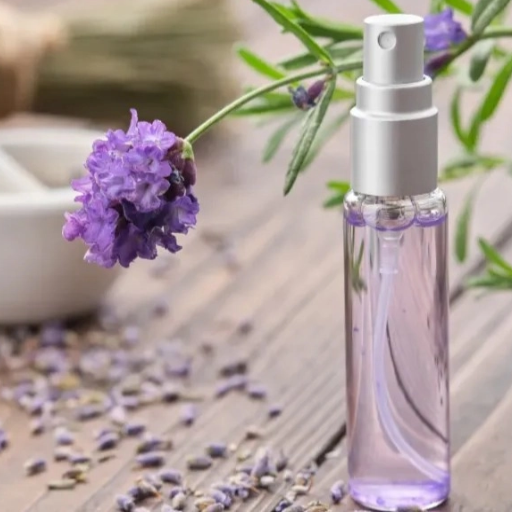
The value for your money primarily depends on which product you need: a body spray, a splash, or a perfume. The perfume is the most valuable product in terms of longevity and concentration since it has the highest concentration of fragrance oils. Body sprays are lighter and cheaper but require more frequent applications. For a casual day out, body sprays can be used. On the other hand, Splashes, which are primarily composed of water, lack fragrance concentration, making them refreshing rather than long-lasting. For a significant impact, perfume is the best option.
Price Comparison Based on Concentration
Based on concentration and value, perfumes containing essential oils are the most expensive, making them the worst for price-value. Eau de parfums, while having a long duration, are also costly. On the other hand, body sprays and splashes are much more affordable, making them a better choice for everyday use. I value the quality of the smell over the price.
Cost-Effectiveness for Different Needs
Assessing fragrance types based on specific scenarios is practical when looking at cost-effectiveness. For special events, spending on a stronger concentration like parfum or eau de parfum is worth it ,as they tend to last longer and save on unnecessary reapplication. Body mists or Eau de toilettes are cheaper alternatives for daily activities or casual hangouts, especially when worn in more significant quantities over time. I recently learned that the average price gap for these categories can be pretty substantial, with high-concentration fragrances being lighter than their counterparts and charging up to three times more per ounce. With the correct type of fragrance best suited for individual needs and occasions, it is feasible to strike the optimal balance between budget and satisfaction without sacrificing quality.
Reference Sources
1. “A Comparative Study on the Application Methods of Fragrances” (2020)
Source: Journal of Cosmetic Science
Summary: This study explored the differences between splash and spray application methods regarding fragrance longevity, distribution, and user convenience. Researchers conducted controlled experiments on 100 participants, evaluating scent retention over 8 hours. Results indicated that spray applications generally provided more even distribution and improved scent longevity than splash methods, which tend to concentrate fragrance in a smaller area.
2. “Consumer Preferences for Fragrance Dispensing Methods” (2021)
Source: International Journal of Consumer Studies
Summary: Through surveys and market data analysis, this paper investigated consumer opinions on splash versus spray application methods. Findings revealed a higher preference for sprays due to their ease of application and reduced product waste. However, specific demographics, particularly those sensitivities to airborne particles, favored Splash for its more controlled application.
3. “Impact of Application Method on Fragrance Volatility and Sensory Perception” (2022)
Source: Fragrance Research Journal
Summary: This research examined how different dispensing methods affect fragrance volatility and sensory experience. Using advanced chromatography techniques, scientists measured the evaporation rate, and sensory panels rated the perceived intensity over time. Spray applications released a more consistent fragrance profile, while splashes provided a stronger initial burst of scent.
4. “Fragrance Application Techniques and Environmental Considerations” (2019)
Source: Sustainability in Consumer Goods
Summary: This study analyzed the environmental impact of splash and spray fragrance applications. Results showed that spray mechanisms often lead to higher ecological costs due to aerosol propellants and packaging materials. The research recommended optimizing spray tech or adopting eco-friendly splash options for a reduced environmental footprint.
5. “Skin Chemistry and Fragrance Application Methods” (2023)
Source: Advances in Dermatological Sciences
Summary: This recent study addressed how individual skin pH and oil levels interact with different fragrance application methods. It was concluded that spray applications, being more widely dispersed, adapt better to varying skin chemistries compared to splash methods. The paper emphasized the need for personalized approaches to optimize fragrance performance.
Frequently Asked Questions (FAQs)
Q: What is the difference between a body spray and perfume?
A: The main difference between a body spray and perfume is their concentration of fragrance oils. Perfumes typically contain 15-30% fragrance oils, making them more potent and longer-lasting (6-8 hours). Body sprays have a much lower concentration (1-3%) mixed with alcohol and water, resulting in a lighter scent that lasts 2-4 hours. Due to their higher concentration, perfumes are more expensive, while body sprays are more affordable and perfect for everyday use.
Q: How should I use a body spray compared to perfume?
A: Body sprays are designed to be applied directly to the skin in a generous misting motion across the body and can be reapplied throughout the day as needed. Perfumes, being more concentrated, should be applied sparingly to pulse points such as behind your ears, on your wrists, and your neck. Body sprays are easy to use for a quick refresh, while perfumes are better for special occasions when you want a longer-lasting fragrance.
Q: What is a body splash, and how does it compare to body spray and perfume?
A: A body splash (sometimes called body mist) is a lighter version of a fragrance that sits in intensity between body spray and cologne. Body mist is a lighter option, typically containing 1-3% fragrance oils in a water-based formula, making it more hydrating than body sprays. While body sprays focus on masking odor and providing a light scent, and perfumes deliver a concentrated, long-lasting fragrance, splashes offer a refreshing, moisturizing option that provides a subtle scent that lasts 2-3 hours.
Q: Can body spray replace deodorant?
A: No, body spray cannot replace deodorant. Deodorant is specifically formulated to combat odor-causing bacteria and often contains antiperspirant ingredients to reduce sweating. Body spray is primarily a fragrance product designed to smell good and provide a pleasant scent, but it doesn’t address the underlying causes of body odor. For best results, use deodorant to control odor and sweat, then apply body spray as a fragrant layer if desired.
Q: What scents are typically available in body sprays versus perfumes?
A: Body sprays often feature fresher, lighter scents like citrus, fruity, floral, and clean fragrances designed for casual, everyday wear. Perfumes typically offer a wider range of complex fragrance families, including oriental, woody, floral, fresh, and fougère compositions with multiple notes that develop over time. While body sprays tend to have simpler, more straightforward fragrant profiles, perfumes often have sophisticated top, middle, and base notes that evolve throughout wear.
Q: Is using a body spray or perfume for different occasions better?
A: Body sprays are perfect for everyday casual settings – workouts, errands, casual outings, or school environments where a subtle scent is appropriate. Perfumes are better suited for special occasions, formal events, date nights, or professional settings where you want a more sophisticated, longer-lasting fragrance impression. The higher concentration in perfumes makes them ideal when you want to make a statement with your scent, while the lightness of body sprays works well for regular daily use.
Q: How are body sprays and perfumes typically packaged and applied?
A: Body sprays usually come in larger bottles (75- 250ml) with a continuous spray nozzle designed for broad application across the body. Perfumes typically come in smaller, more decorative bottles (30- 100ml) with an atomizer that dispenses a controlled amount of the concentrated formula. The packaging of perfumes tends to be more sophisticated and display-worthy, while body sprays feature practical designs focused on easy application and portability.
Q: What is the price difference between body sprays, body splashes, and perfumes?
A: The price points reflect each product’s concentration of fragrance oils. Body sprays are the most affordable option, typically $5-15. Body splashes or mists usually cost between $10 and $25. Perfumes are significantly more expensive, with designer and premium options ranging from $50 to $300+, depending on brand prestige and concentration. The higher price of perfumes reflects their more significant concentration of quality fragrance oils and complex formulations.

